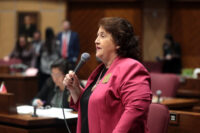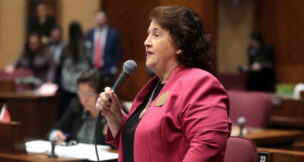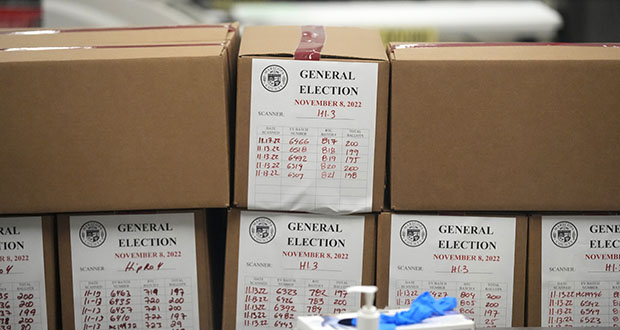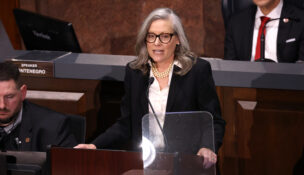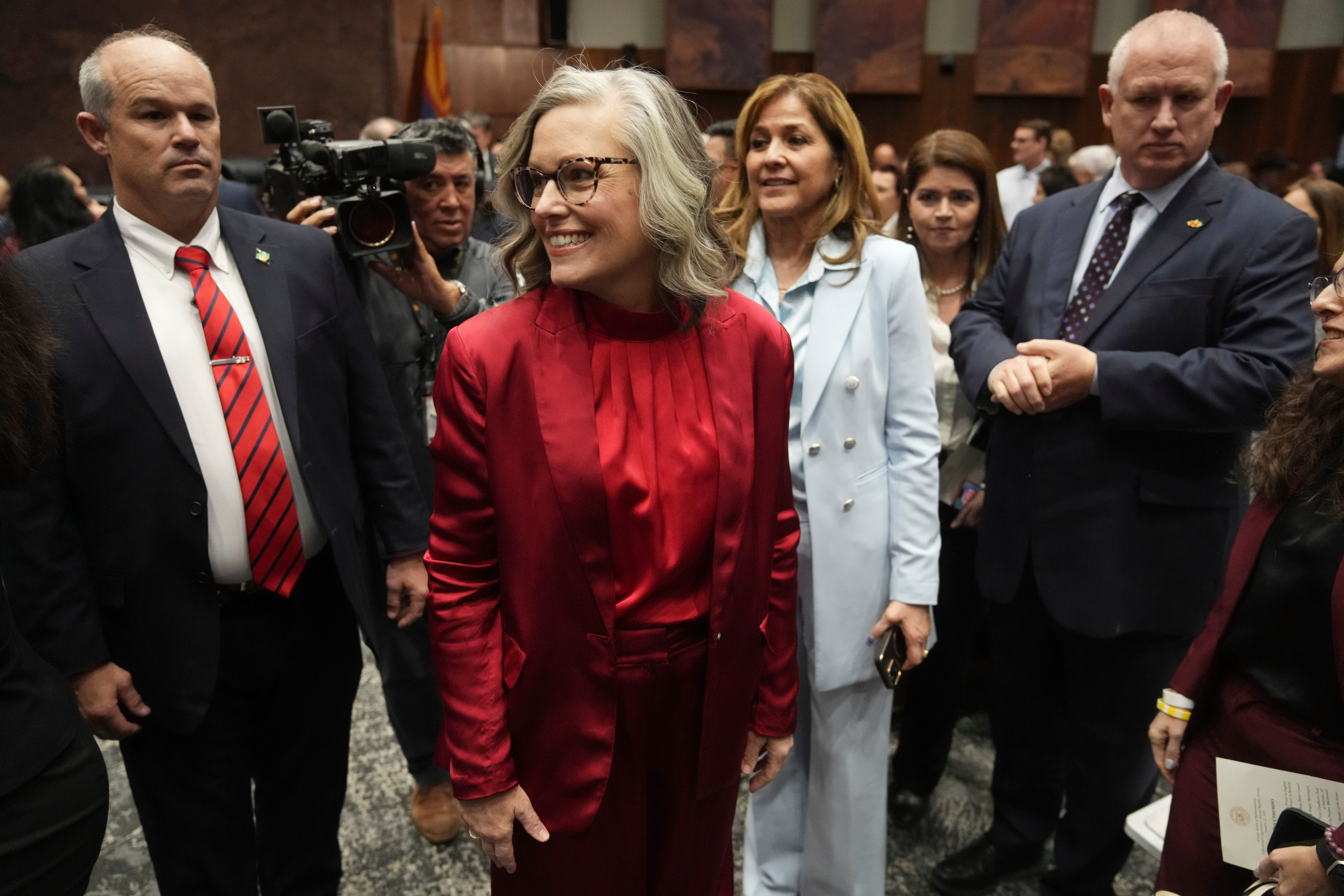Arizona Capitol Daily Newsletter
Sign up for your daily digest of Arizona.
- By signing up you agree to our
- Privacy Policy
Recent news

Highway renaming sparks debate over Trump and Epstein files in Arizona Senate
Key Points: Sen. Wendy Rogers wants to rename a state road as the Donald J. Trump Highway Proposal sparked debate over life and actions of the President Legislators are also […]
legislature

Arizona lawmakers move to ban Sharia law in state courts
Key Points: Arizona lawmakers move to ban Sharia law recognition Existing Arizona law already prohibits foreign laws Critics argue the bill targets and discriminates against the Muslim religion State lawmakers […]
education
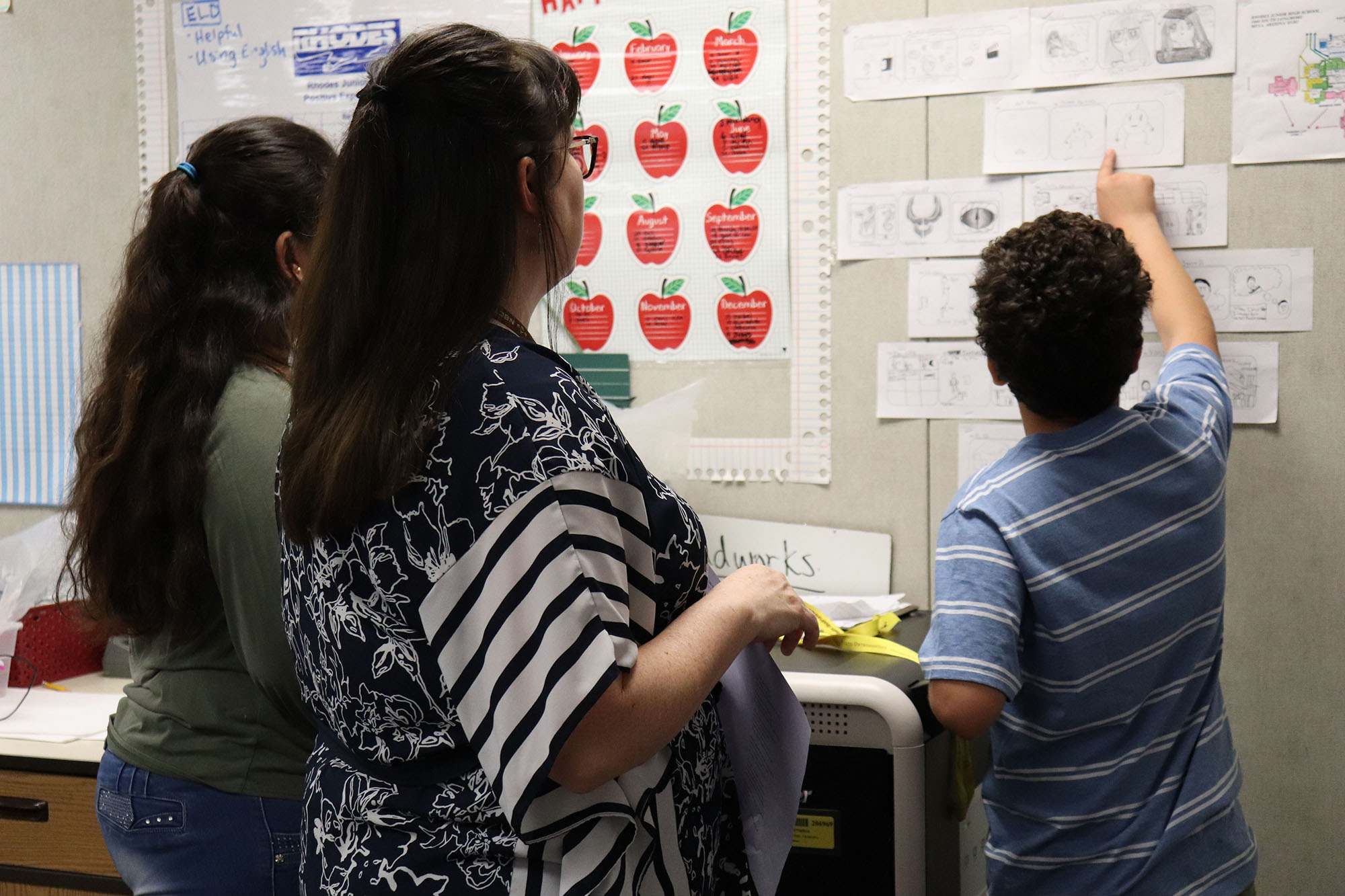
Arizona classrooms see just .52 cents of every dollar spent on education
Key Points: Only 52.1 cents of every education dollar reaches the classroom Arizona’s instructional spending is the lowest in two decades Arizona’s per-student spending is $4,503 less than the national […]
Governor's Office

Hobbs and Shope clash over ethics reform and lobbyist-funded meals
Key Points: Gov. Hobbs launches political attack on Sen. T.J. Shope over government contracts Shope received over $4,900 in meals and entertainment from lobbyists last year The attack is a […]
courts

GOP leaders appeal judge’s ruling on transgender birth certificates
Key Points: Judge rules law requiring surgery for birth certificate change unlawful Ruling requires health department to recognize doctors’ statements The reason: Unamended birth certificates could lead to forced privacy […]
agencies

A broken lifeline: Failing tablets stall Arizona prisoner care, emergency services
Key Points Tablets in state prison remain central for inmates despite lack of access Inmates report months-long delays for repairs and replacements Health care lawsuit claims emergency, medical access failure […]
economy
- Arizona’s unemployment rate hits highest since COVID pandemic
- Where the minimum wage will increase in ’26
- This holiday season isn’t very merry for consumers, an AP-NORC poll finds
- Arizona’s economic growth depends on education, housing, transportation and child care, experts say
- ‘We didn’t ask for this’: Maricopa Board of Supervisors sides with Wittmann residents on proposed multi-billion dollar BNSF facility


